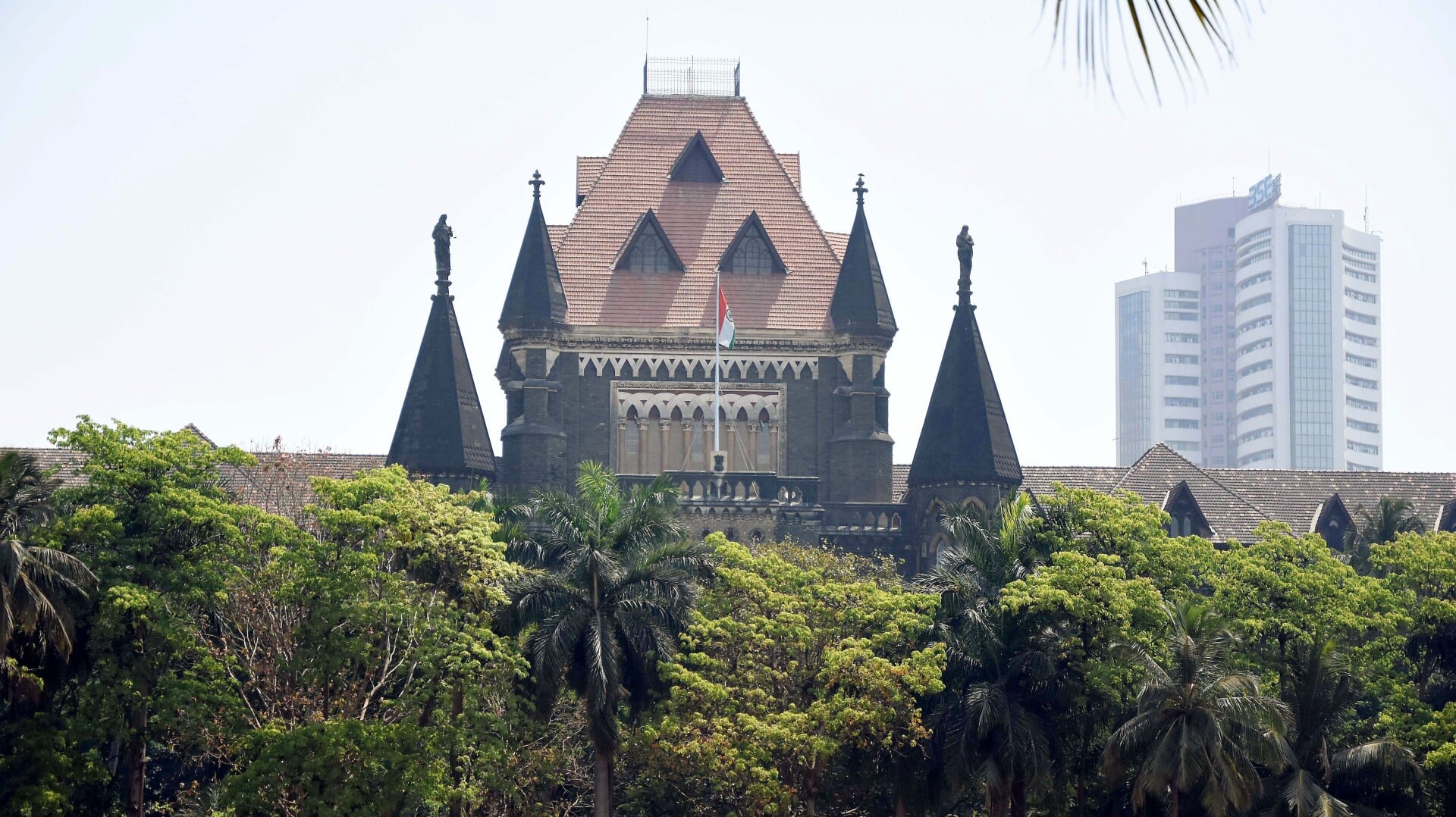
Bombay HC strikes down Centre's bid to establish fact-checking unit
What's the story
The Bombay High Court has rejected the central government's proposal to establish a fact-checking unit (FCU).
The decision came after standup comedian Kunal Kamra filed a petition against the initiative.
Justice AS Chandurkar ruled that the Information Technology Amendment Rules, 2023—which authorize the Centre to create FCUs for detecting fake news online—contradict Articles 14 and 19 of the Constitution.
Court ruling
IT amendments violate constitutional rights: Justice Chandurkar
Justice Chandurkar said, "I have considered the matter extensively. The impugned rules are violative of Articles 14 (right to equality), 19 (freedom of speech and expression), and 19(1)(g) (freedom and right to profession) of the Constitution of India."
He further criticized the term "fake, false and misleading" in the IT Rules as "vague and hence wrong" due to its lack of definition.
Legal proceedings
Previous split verdict led to 3rd judge's intervention
The case was referred to a third judge after a division bench of the Bombay High Court delivered a split verdict in January.
Justices Gautam Patel and Neela Gokhale were divided on the issue, with Justice Patel opposing the Rules as censorship and Justice Gokhale supporting them.
In March, the Supreme Court stayed a notification by the Centre announcing its official FCU's operational status until Bombay High Court decided on its constitutionality.
Legal concerns
Petitioners argue against government-led online censorship
Kamra and other petitioners argued that the amendments would impose unreasonable restrictions on freedom of speech and expression.
They claimed that this provision could lead to government-led online censorship and empower it to act as the "prosecutor, judge, and in a loose sense, executioner" of what constitutes 'truth' online.
The court's decision to strike down the proposed IT amendments aligns with these concerns raised by the petitioners.